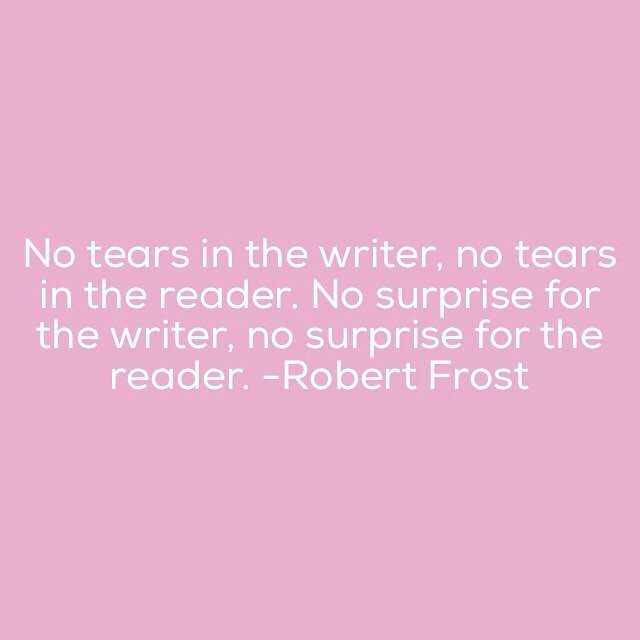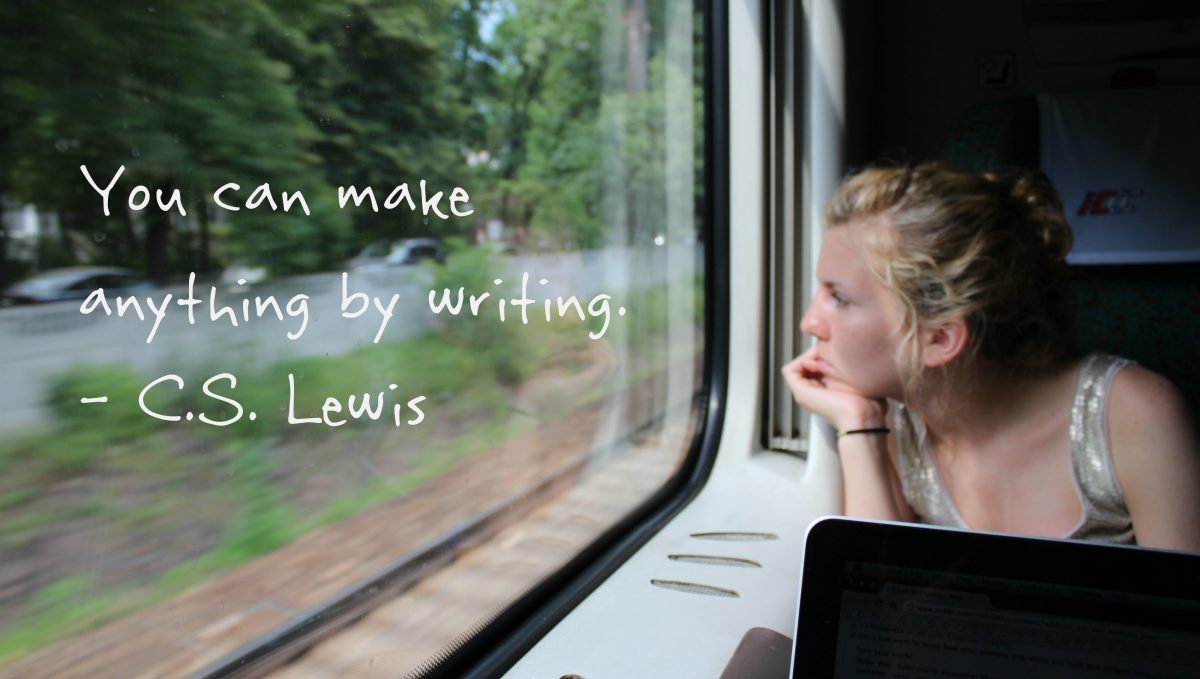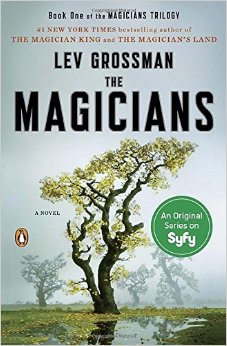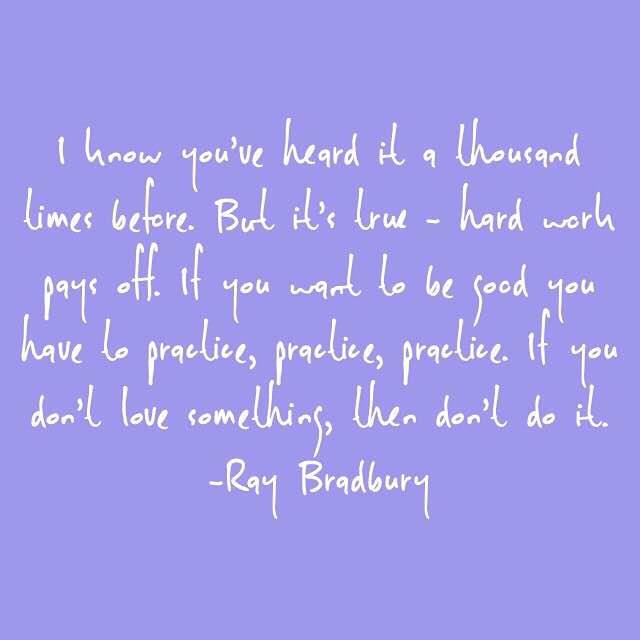One of the first things that will make me stop reading a book is disbelief. Now, I realize that in reading you must suspend your disbelief and all that fancy jargon, but what I don’t have to suspend, and what I shouldn’t suspend, is my B.S.-o-meter. B.S. stands for Believable Surprises, by the way. (And I really really really wish I had done that on purpose.)
Believable surprises are those events that occur where you as the reader say, “Oh, I totally didn’t see that coming, but now that it’s happened, it totally makes sense.” It’s when your characters make decisions that aren’t predictable, but are still within character. Nothing will get me to shut a book faster than characters who don’t have a developed personality that informs their actions.
Maybe your character is a daredevil. Maybe they live life on the edge and are willing to take risks and do whatever it takes. Okay, but if that’s the case, there better be some realistic repercussions for their attitude. And on the topic of realistic, you can’t tell me that this character has never learned to curb their attitude under any circumstance? Yup, that ringing sound in the background is my B.S.-o-meter going crazy.
I mean, even Deadpool isn’t like that and he’s probably the most I-do-what-I-want-when-I-want character there is.
When you’re writing, take care that your character stays believable. He/she can change of course, but that rarely happens overnight.

The best way to achieve that surprise for both you and the reader is to create a well-rounded character that is capable of making decisions that continually enhance aspects of their already developed personality. Sounds like a handful, but I know you’re up to the challenge!
Who’s your favorite character when it comes to believable surprises?
~Liz
Follow me @wethewriters on Instagram and @liz_tampa on Twitter.


